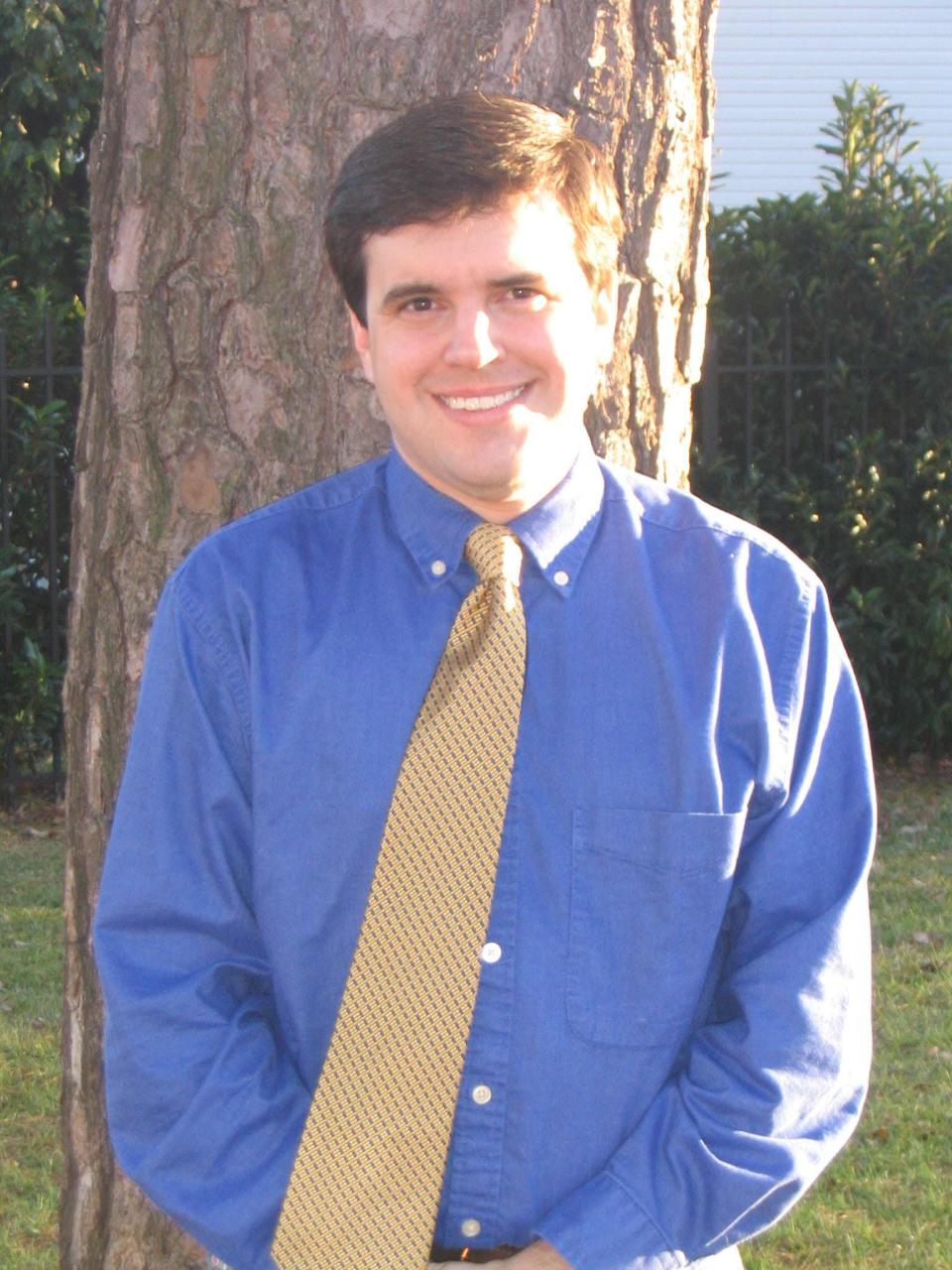Bridges history column: Navarro family played key role in Texas' formative years
The Navarro Family played an important role in the early, formative years of Texas. Angel Navarro was an important early political leader in San Antonio, service that paved the way for his son. Jose Antonio Navarro, a leader of the Texas Revolution and in the early Republic of Texas, was inspired for a life of service by his father. In turn, he would inspire his own children and citizens across the state.
Navarro was born in San Antonio in 1795. He was one of 12 children, only six of whom survived to adulthood. His father, Angel Navarro, was a generous and popular figure in San Antonio. However, he died in 1808 when the younger Navarro was only 13.
His father’s worldly adventures, success, dedication to his family, and the deep respect the people of San Antonio had for his father had a profound impact on the younger Navarro. Angel Navarro was born into a wealthy family in Corsica, just south of France in the Mediterranean Sea. His mother was a noble, and his father was a businessman. But in 1762, at the age of 14, he ran away from home to seek a life of adventure.
After a series of wild escapades between Corsican revolutionaries and seedy ports combined with a series of odd jobs, he made his way to the New World. He arrived in San Antonio by 1777, where he established his own successful business enterprises. He was the city’s first elected alcalde in 1790, a position that under Spanish law was a combination of mayor and judge.

Jose Navarro grew up determined to live up to his father’s legacy. He trained to become an attorney. In 1813, San Antonio was briefly occupied by forces of the ill-fated Gutierrez-Magee Expedition, a brief effort to tear Texas away from the faltering Spanish occupation and annex it to the United States. Navarro supported the revolt, but was forced to flee to the United States for three years after Spanish forces rallied and defeated the expedition.
In the 1820s, he had developed a friendship with Stephen F. Austin and began helping him with his colonization efforts. By the 1830s, he was a popular voice for Texas. He first won election to the Coahuila y Texas state legislature and then to Mexico’s federal Congress. He also served as a land commissioner, helping settlers into the new land.
He became increasingly critical of Mexico’s policies toward Texas. He openly supported the Texas Revolution when the war erupted. In 1836, he signed the Texas Declaration of Independence. He supported the initial attempt at annexation to the United States in 1836, but was disappointed when the United States declined out of fear of provoking Mexico into war. In 1838, he was elected to the Texas Congress, representing Bexar County. He supported policies attempting to expand trade outlets for Texas, defending Texas against continued reprisals from Mexico, and defending the rights of Hispanics, which were under mounting assaults.
In 1841, he participated in the disastrous Santa Fe Expedition. Texas President Mirabeau Lamar had hoped to tap into trade with New Mexico to expand the reach of Texas. However, New Mexico was deep into Mexican territory. Troops captured Navarro and the caravan. After being imprisoned in Veracruz for more than a year, Navarro managed to escape and return to Texas by mid-1843.
Navarro returned to politics and was a delegate to the state constitutional convention of 1845, which completed Texas’s first state constitution. After statehood, he served two terms in the state senate.
In honor of his work for the state, the Texas legislature named Navarro County after him in 1846. Navarro himself founded the county seat of Corsicana in 1848, named in honor of his father’s homeland and now a thriving city of nearly 24,000 residents.
His four sons served in the Confederate army during the Civil War, and one son later served in the state legislature, continuing a tradition of public service.
Navarro spent his later years writing and ranching near Seguin. The site has since become a historical landmark. He died in San Antonio in January 1871 at the age of 75. At a statue at the Navarro County Courthouse in Corsicana, he is described as a “Lover of Liberty; Foe of Despotism” – a fitting epitaph to a man who dedicated his life to Texas.
Ken Bridges is a writer, historian and native Texan. He holds a doctorate from the University of North Texas. Bridges can be reached by email at drkenbridges@gmail.com.
This article originally appeared on Amarillo Globe-News: Bridges: Navarro family played key role in Texas' formative years

